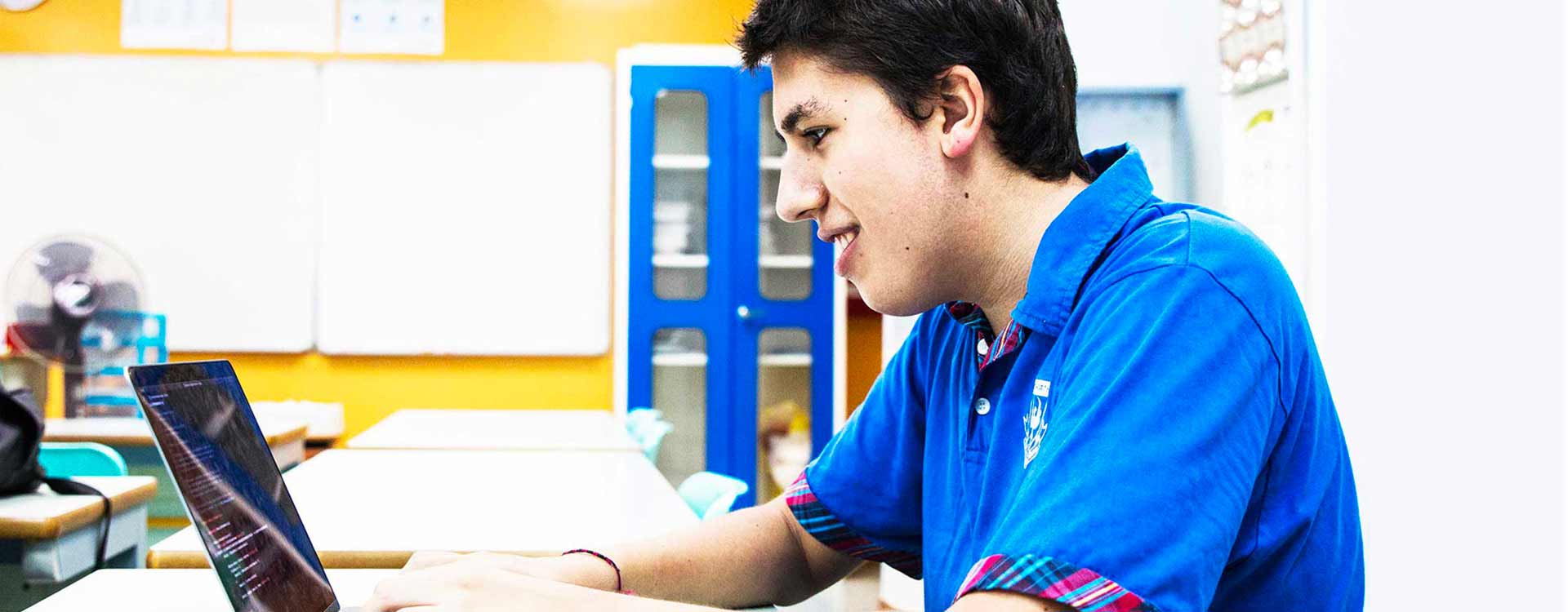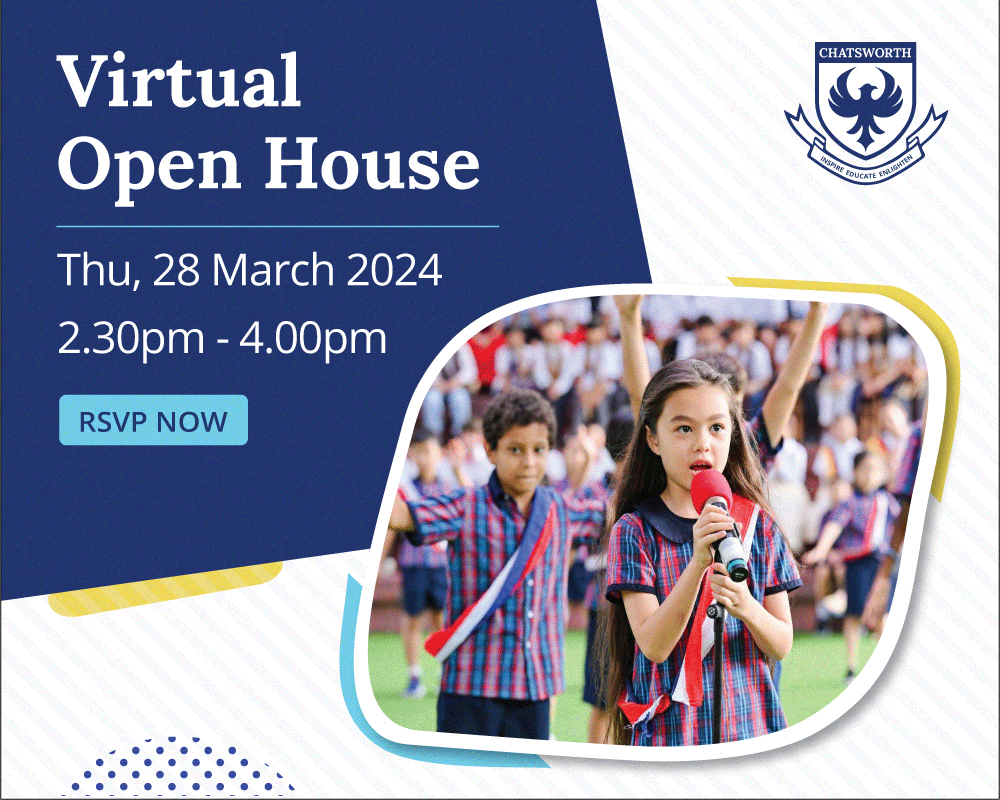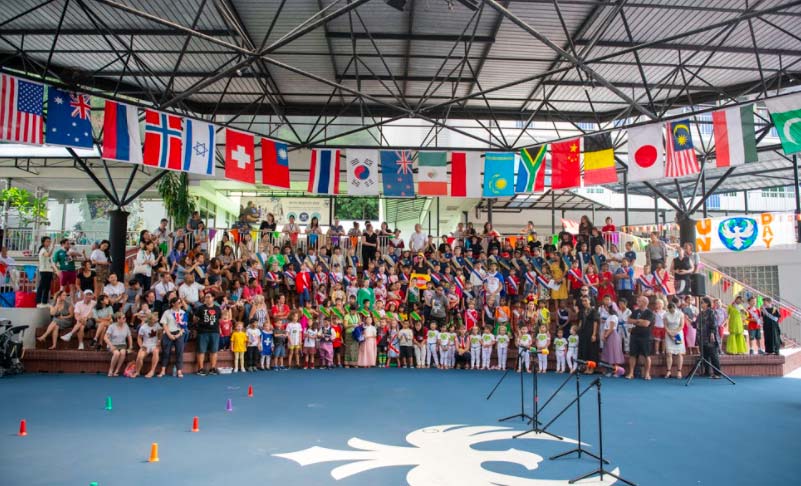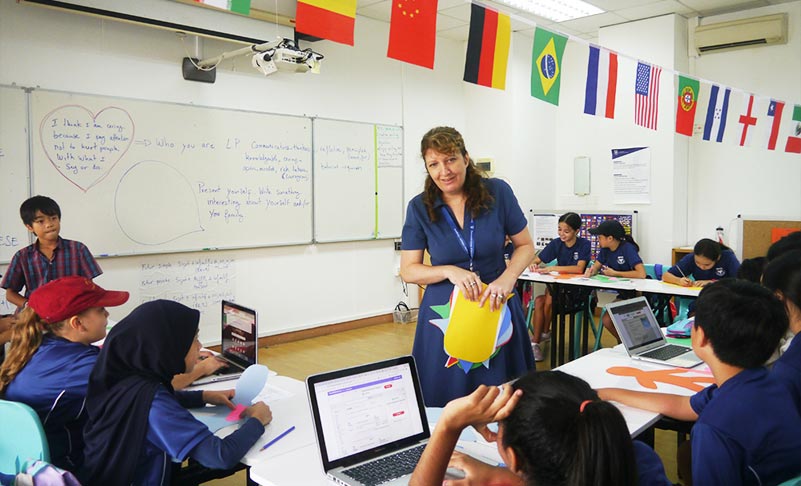
Education Technology
Overview
Technology, the Internet and the World Wide Web link individuals, computers and networks throughout the world. They have become indispensable to modern education. Effectively integrating technology with an established curriculum is “best practice” in the 21st Century classroom.
Our goals are to promote the balanced use of technology to motivate our students to develop deeper conceptual understandings. In addition, we encourage them to ask meaningful questions and cultivate transferable skills that they continually adapt to approach challenges in their lives today and in the future.
Laptop Programme
Chatsworth runs a full 1:1 laptop programme with all teachers and students from Years 3-13.
Each of our Early Years classrooms is equipped with Apple iMacs with full multimedia capabilities (eg. headphones, microphones, software) and we have a dedicated classroom set of iPads that can be used by teachers to extend mobile learning. In years 7 to 13, students bring in their own MacBooks to school everyday.
Chatsworth also utilises an award-winning ePortfolio that has been presented at international conferences, and modeled for other International schools in Singapore and around South East Asia. The ePortfolios are started in Kindergarten and extend through our EYP and JYP classes.
All students and staff are expected to follow our Acceptable Use Policy. This policy sets the guidelines for the use of ICT equipment and Internet usage at our school and is a policy we all agree to in order to establish a mature community of ICT users.
Digital Citizenship
As more research and data becomes available on the role of technology in the classroom, we review our approach annually and adjust for recognised best practice. In August 2016, Chatsworth implemented a comprehensive digital citizenship curriculum to promote confidence and positive engagement with digital technology.
There are three areas of Digital Citizenship:
- Digital Usage: Students are expected to be productive, efficient, show compassion, empathy and be responsible in their use of technology
- Digital Literacy: Students must ethically engage, critically analyse, and evaluate various sources of digital media
- Digital Safety: Students will cultivate their digital identity showing positive, safe, legal and ethical actions as digital citizens
Through digital citizenship and literacy, we strive to educate students to create, analyse and consume digital content productively, ethically, responsibly and safely in this digital world.





